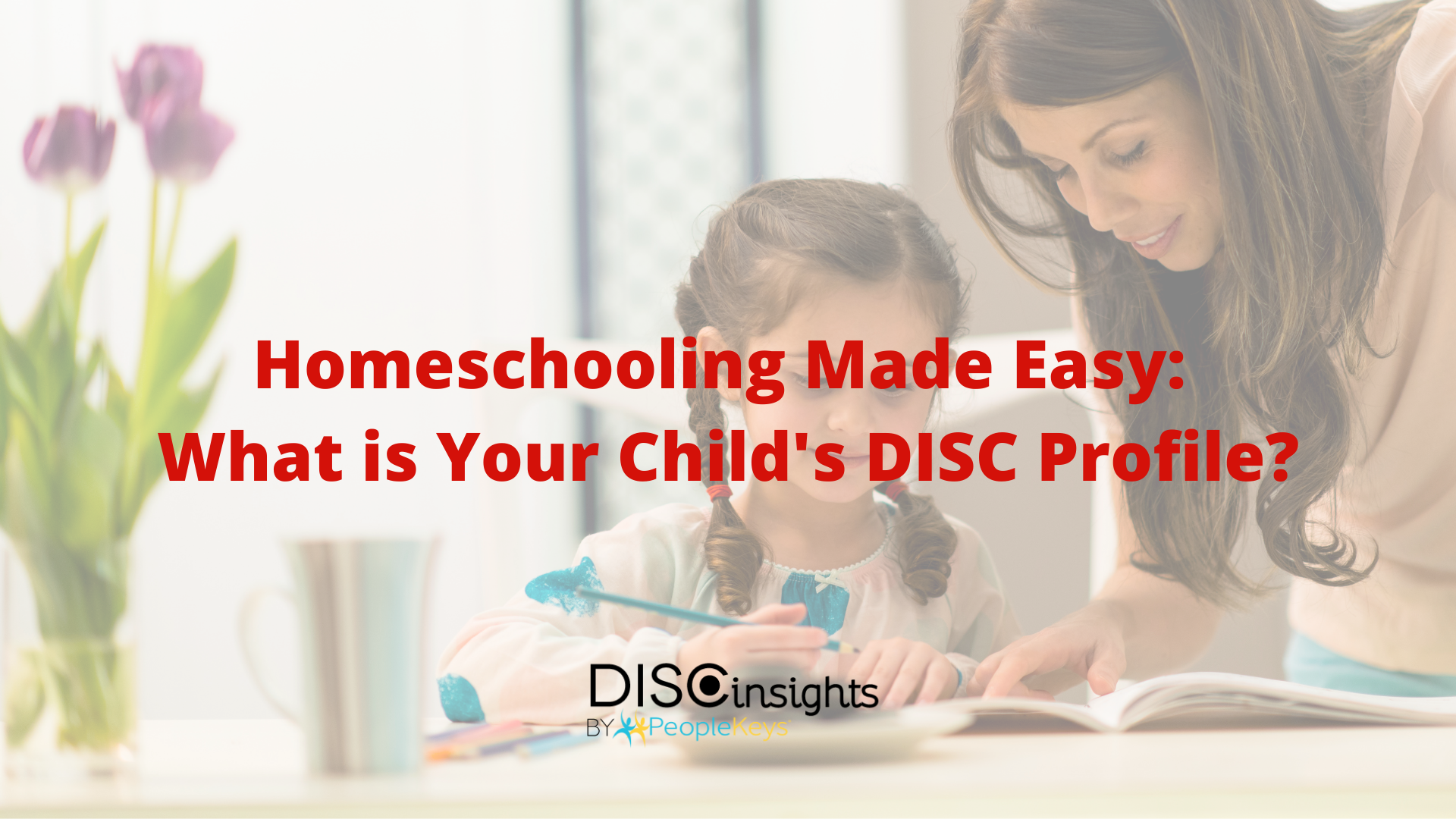- SHOP BY PRODUCT
- DISC TRAINING & CERTIFICATION TOOLS
- DISC RESOURCES
- BLOG
- SHOP BY PRODUCT
- DISC TRAINING & CERTIFICATION TOOLS
- DISC RESOURCES
- BLOG
- ALL ITEMS



Identifying your child's DISC profile can aid in knowing how to teach your child in a remote learning environment. PeopleKeys offers a DISC assessment geared toward children that analyzes your child's personality traits. Based on the DISC model developed by William Moulton Marston, this personality profile will equip you with the knowledge of your child's personality style needs for providing them with the right learning methods at home.
When COVID cases rose, school officials across the nation sent millions of children home to maintain their safety. Parents not only had to balance their occupation remotely but also had to take on the responsibility of homeschooling their children. COVID-19 has changed the lives of 55.1 million students across the country.
A study reported by the research university of William and Mary stated that "...U.S. parents reported being most stressed about their work, their children's education, and their children's screen time usage." As the months progressed in lockdown, parents and children have started to adapt to the changes.
Some parents, though, are still in need of guidance.
Determining the DISC personality of your child can make all the difference in teaching them.
Teaching to your child's behavioral style can improve their test scores by motivating them and boosting their confidence in the classroom.
Are you interested in gaining more insight into using the DISC personality test in your teaching methods? Learn more about DISC certification for becoming a Behavioral Intelligent Educator.

© PeopleKeys. All Rights Reserved
WORKING DAYS/HOURS
Mon - Fri / 8:30AM - 5:00PM EST
